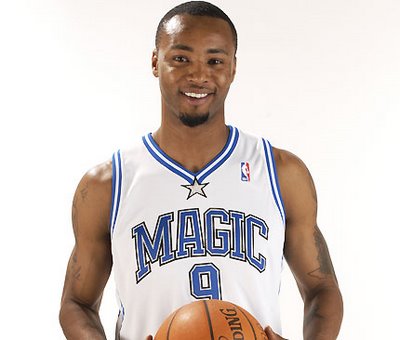 ON FOOTBALL
ON FOOTBALLThe Brett Favre Summer Circus Part II, I believe, has finally reached a conclusion.
The 39-year-old did Tuesday what he declined to do three weeks ago, signing a pretty decent contract to be the Minnesota Vikings quarterback for the next two seasons.
And needless to say, this news has aroused a lot of anger toward Favre from Bangor, ME, to La Jolla, CA. A lot.
First off, there are members of the general public who are sick and tired of hearing about Favre. At this point, they'd rather read about Michael Vick. They don't care if he can still gunsling a ball between four defenders to a wide receiver in a crevice not big enough to fit two five-year-olds.
They just want him out of the NFL, out of their consciousness, off their fantasy boards.
Then there are the millions of Green Bay Packers fans in this country, who were already fed up with their ex-legendary QB and now probably want to banish him from the state of Wisconsin for signing with a team in their division. The only thing worse, in their minds, would have been if he'd tied the knot with the hated Bears.
There will be no love for No. 4 when he leads the Vikings into Lambeau on Nov. 1.
I, for one, am no big Favre fan, either. Turning down a good offer from an excellent team with the league's best running back and then changing his mind during the middle of training camp ain't cool — regardless of how dire the Vikings' signal-caller situation would be without him.
Favre has gone about this the wrong way, waiting, just about, until the final minute to decide to play.
But here's what I will say in his defense: I don't blame him one bit for wanting to continue to play. The general public, the haters, don't understand that this is his career, his livelihood, and once he gives it up, nothing in life, sadly but true, will ever match it.
Favre still has the physical tools to compete in the NFL, especially now that his throwing arm is healed from the torn biceps tendon that hindered him down the stretch of last season as the Jets quarterback.
He also, I'm sure, remains one of the toughest, grittiest players in the league. A player who won't crumple when he sees a raging defensive end flying at him. Instead, a player who will step up and complete a pass before getting decked.
The bottom line here is that the Vikings wanted Favre at almost any cost. They were willing to wait until mid-August for him. They were happy to pay him $25 million over two years. Heck, they might have even accepted him mid-season.
The rest is, will be, history.
If there had been no offers on the table, if no team was showing serious interest in Favre over a month ago, this saga would have peacefully died. He probably wouldn't have gone to the trouble to have his arm examined by Dr. James Andrews. He would have concluded that his football career, outside of Sunday flag-football leagues, was over.
But Minnesota management was smart. It knew that Tarvaris Jackson or Sage Rosenfels wasn't going to lead the Vikings, even with Adrian Peterson, to the Super Bowl. It knew the team needed a quarterback who could strike fear in opposing defenses behind center, a QB that could keep defenses from constantly putting eight or nine defenders in the box.
So the Vikings expressed their interest in Favre, making it clear that they wanted him badly — as their starting quarterback, no ifs ands or buts.
And here we are, almost three weeks from the beginning of the regular season, with Brett Favre in purple.
He'll be booed plenty this season and every one of his miscues on the field will be dissected by those who'd rather see him stocking shelves in a grocery store this October.
But he also might have one heck of a season with a pretty darn good team, a season that far outweighs any more bridges he's burned with this latest comeback story.

